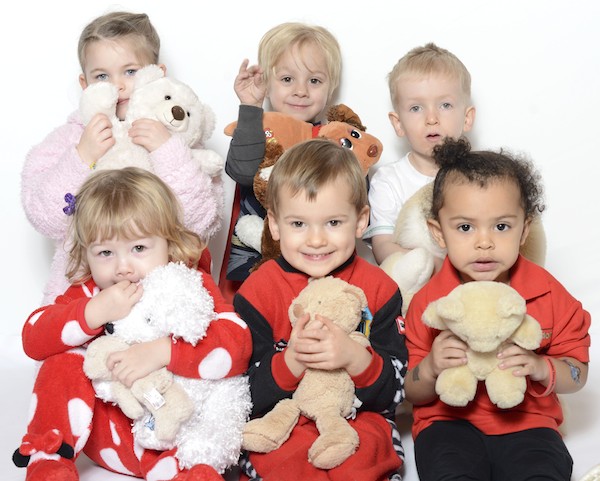Alternative and Outreach
Music at Early Years

An effective music education in the early years relies on an appreciation of music as a fundamental human activity. Paynter (1992) discusses the significance of music to human beings. He makes clear that many writers and composers have tried over the years to identify the relevance and importance of music and to answer the question: ‘What is music?’ Music-making has been a part of human existance from the beginning of time and is an essential aspect of each day for most people: ”Music does matter, world-wide and clearly has done for as far back as we can see across the centuries. Could it’s hidden significance be that it acts to mitigate a deep-rooted concern, even though that relationship may not be immediately apparent?’ (ibid). We have a responsibility to foster in young children the significant aspect of human life. It is crucial to ensure that with the learning environments we create for children they have opportunities to develop and progress in musical understanding and skills throughout these formative years. Once pupils in Foundation Stage and Key Stage 1 have developed confidence, skills and understanding in music-making, they will have the capacity to continue to learn and grow in, and through, music for their entire lives’
EYFS suggests music opportunties across the curriculum areas but allows for adaptation and flexible approaches. However, the framework for music, provides a useful summary to support our planning of rich musical opportunties for early years children.
How music fits with early years policy and practice
The EYFS provides a flexible framework that puts the child firmly at the heart of practice, using observational assessment to tune into children’s individual strengths, interest and preferences in order to plan experiences that support their learning development at a pace that is right for them.
Music:
| Helps develop taking turns through partnered improvisation; |
| Helps children recognise the difference between sounds (auditory discrimination), speaking and listening skills; |
| Provides a medium for children to represent their ideas and feelings; |
| Offers opportunities for social development by taking part in shared experiences. |
| Introduces children to abstract concepts of numbers, pattern, space and time; |
| Encourages coordination by making music and responding to it through dance and movement; |
| Builds knowledge and awareness of other cultures through listening to music and playing instruments from around the world; |
| Builds skills in design and technology through children making their own instruments and recording their own music. |
The Challenge of Music
Making music with very young children can represent us with many challenges, some of which are listed below. At our yearly INSET we will be offering a framework for observing, documenting and reflecting that will enable musicians and early years practitioners to find their own solutions:
| Music can be noisy – this presents particular challenges and can be difficult to manage |
| Music exists in time and leaves only memories – this makes it hard to reflect and revisit children’s music with them |
Music making in early years settings tends to either tightly structured, adult lead large groups (often singing) or free play with instruments – this dichotomy is more apparent in music-making activities than in any other art form:
| Children make meaning in a range of art forms. However, most adults are more comfortable with finding meaning, understanding progression and supporting development in children’s visual representations than in their music-making, which can be dismissed as noise |
| Music is seen as the domain of those with specialist skills, particularly those who have the abilility to play an instrument or sing |
| Children have incredibly rich experiences even before birth at home in their community through recordings, radio or television. All will have played and communicated musically in some way; however, this often goes unrecognised and is certainly undervalued |
| Children’s music-making happens and needs to be seen and understood within a social, community and cultural context |
| Many techniques for sustaining musical play involve part of the music as an equal music partner and co-improviser. The intimate level of participation is absorbing and demands total attention, which can necessitate having an extra pair of eyes and ears (or video recorder) to bring a fuller understanding of the experience. |
